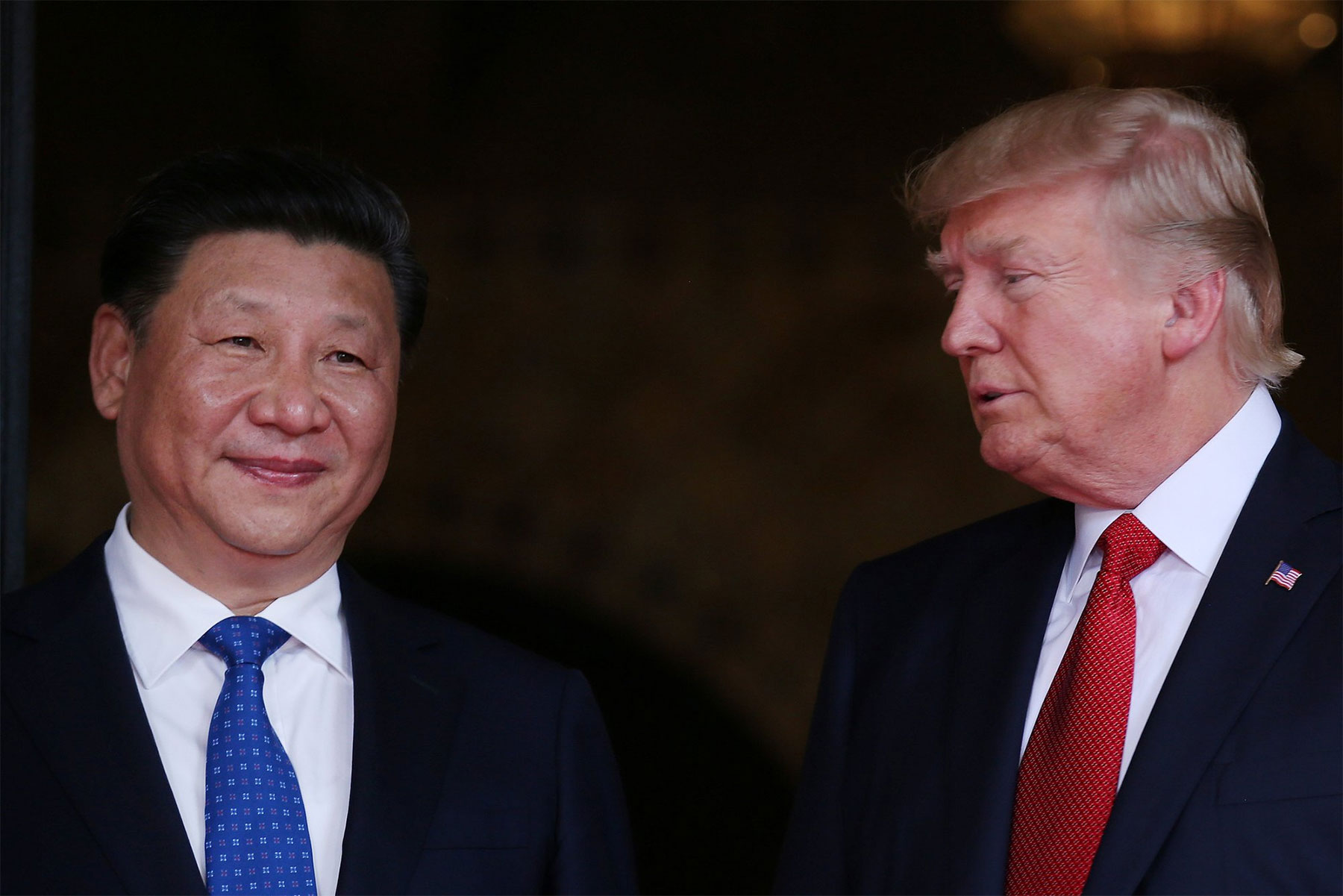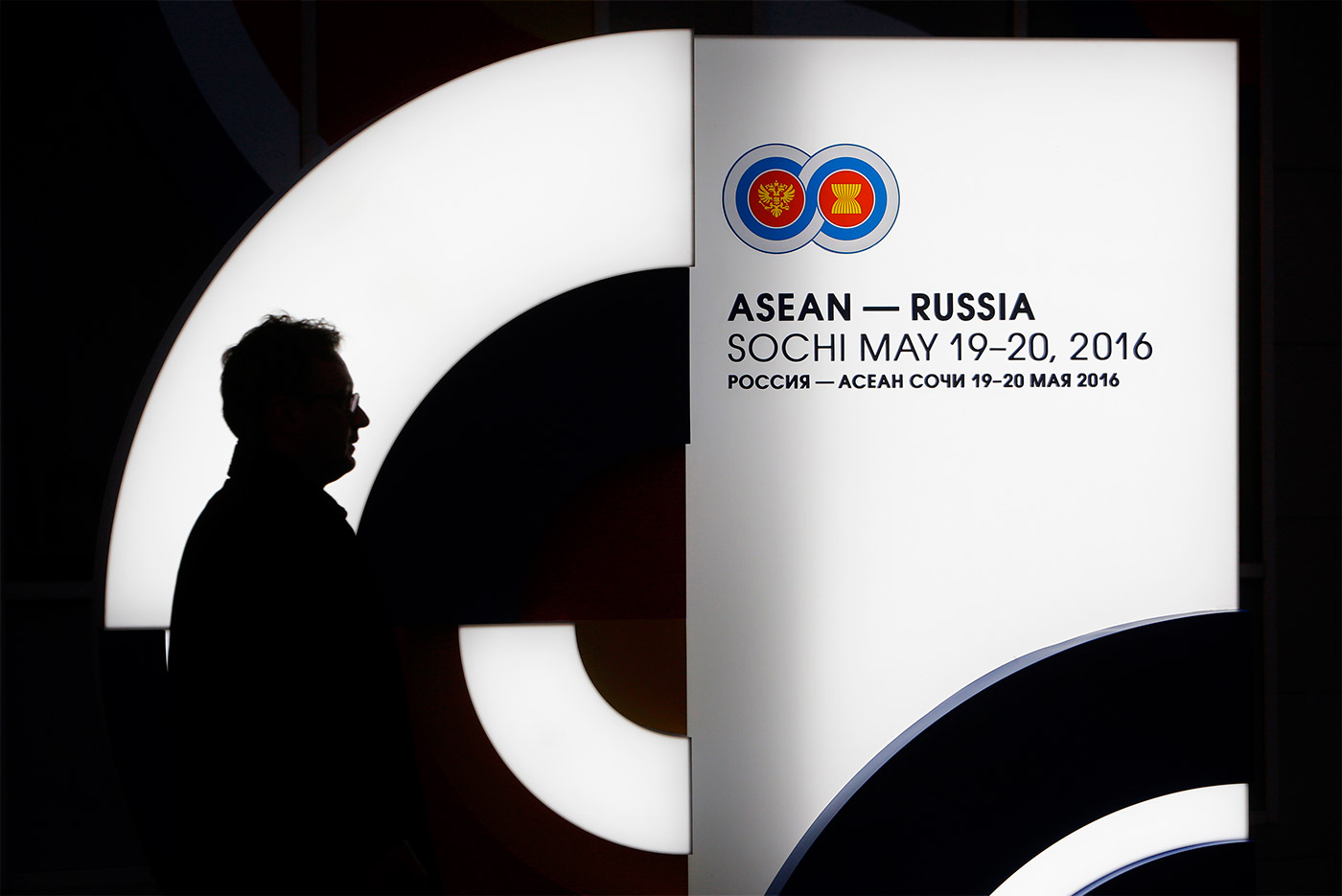On November 6–11, the city of Da Nang in central Vietnam will host the Asia-Pacific Economic Cooperation (APEC) Economic Leaders’ Meeting, the culmination of the year-long APEC Vietnam 2017 meetings that will draw to a close with a summit on November 10–11.
We should not expect any significant progress on the “big” issues on the APEC free trade agenda any time soon. One of the key obstacles here is the new policy of the U.S. administration. The de-globalization agenda pushed by Donald Trump has turned out to be more than a “bugaboo” for American liberals – it is a bona fide paradigm shift.
The most important issue in terms of the APEC’s responsibilities is, of course, the formation of the Asia-Pacific Free Trade Area. Against the background of today’s abundance of mega-regional formats of economic integration, the APEC relies on existing negotiation formats – the Trans-Pacific Partnership (TPP) and Regional Comprehensive Economic Partnership (RCEP). The problem is that neither of these formats is in particularly good shape right now.
The very “look” of the upcoming summit makes it truly interesting. Vietnam’s third largest city will play host to a brilliant assemblage of global leaders who have confirmed and received their mandates for years to come.
On November 6–11, the city of Da Nang in central Vietnam will host the Asia-Pacific Economic Cooperation (APEC) Economic Leaders’ Meeting, the culmination of the year-long APEC Vietnam 2017 meetings that will draw to a close with a summit on November 10–11. APEC is one of the largest regional organizations in the world in terms of the cumulative size of its member states’ economies and, as it is often the case with such summits, the most important things happen on the sidelines of the event.
This year’s APEC agenda revolves around attempts to restore international trade to previous levels – something that the entire global community is thinking about. However, it is becoming increasingly difficult to think about this, as the imbalances of global development caused by the nature of globalization in recent decades are becoming evident and the integration agenda inherent in the domestic policies of many countries is turning almost toxic. It is against this background that export-oriented countries which are trying to slow down the pace of international integration are becoming its main advocates. Vietnam listed the following as the priorities of its APEC chairmanship: (1) the quality of economic growth; (2) deepening regional integration; (3) developing the competitiveness of micro, small and medium-sized enterprises; and (4) food security and adapting agriculture to climate change.
The most important issue in terms of the APEC’s responsibilities is, of course, the formation of the Asia-Pacific Free Trade Area. Against the background of today’s abundance of mega-regional formats of economic integration, the APEC relies on existing negotiation formats – the Trans-Pacific Partnership (TPP) and Regional Comprehensive Economic Partnership (RCEP). The problem is that neither of these formats is in particularly good shape right now. Following the withdrawal of the United States from the TPP, the remaining countries are trying to agree on at least something in the TPP-11 format, “freezing” the points the American side had issues with. The problem is that many TPP countries (like Vietnam) initially became involved in the project because of the huge American market. Now they will be forced to settle for smaller markets. A number of separate meetings involving the leaders and high-ranking ministers of TPP-11 countries will be held on the sidelines of the upcoming APEC summit, though the experts do not express much optimism in this regard.
Against this background, the RCEP should have got a second wind. But its prospects are also vague, to put it mildly. The deadline for negotiations has been postponed three times already and is now scheduled for early 2018. We are now into the twentieth round of negotiations, and the same issues have been stalling the process for the past three years, namely, India’s concessions on tariffs, mechanisms for settling investment disputes and intellectual property rights.
In other words, we should not expect any significant progress on the “big” issues on the APEC free trade agenda any time soon. If the issue is all but absent from the RCEP and the TPP, where there are some reasonably influential self-serving players and integration-oriented countries, then we should not expect any serious movement in terms of more “liberal” topics and issues on the APEC agenda that affect a broader range of participants.
One of the key obstacles here is the new policy of the U.S. administration. The de-globalization agenda pushed by Donald Trump has turned out to be more than a “bugaboo” for American liberals – it is a bona fide paradigm shift. In addition to the withdrawal from the TPP and the possible discord with NAFTA that could even lead to the United States abandoning that organization as well, the new approach of the Trump administration also echoed in the APEC, at the operational level. The emphasis on fair trade, as opposed to free trade at the operational level is sabotaging a large number of cooperation areas. U.S. negotiating teams are reported to have been reluctant to sign documents that condemn protectionism. For example, serious problems arose in May 2017 when, instead of a full-fledged ministerial declaration on the Asia-Pacific Free Trade Area, all that emerged was a list of areas for joint work.
None of this means that following the work of the APEC has not been interesting. Today, the APEC is laying claim to the role of “Asia’s Organisation for Economic Co-Operation and Development,” as it attempts to dictate socioeconomic development trends in addition to stimulating trade and economic relations among the member countries. It is also covers issues of inclusive growth, education, new technologies, sustainable growth and structural economic reform.
Russia is quite an active participant in this area, although it does not make the front pages of newspapers that are more interested in stories about “big” world politics and tend to ignore “soft” subjects. Russia’s priorities today are associated, for example, with exchanging experience on the development of remote territories. The country has successfully launched APEC projects on female entrepreneurship. It also boasts significant achievements in the provision of electronic state services. In addition, the legacy of the Russian chairmanship of the APEC includes continued strong stances on environmental protection and food security.
Vladimir Putin should be confident when he appears at the APEC Summit in Da Nang. Perhaps the very “look” of the upcoming summit makes it truly interesting. Vietnam’s third largest city will play host to a brilliant assemblage of global leaders who have confirmed and received their mandates for years to come. Xi Jinping triumphed as China’s leader for at least another five years, and Shinzō Abe and Moon Jae-in emerged victorious in their respective general elections. What is more, despite all the problems in Washington, Donald Trump is standing tall, and may as well last till the end of his term. In this company, Vladimir Putin of course cannot present himself as a politician who might not be able to take part in next year’s meeting in the same capacity.






